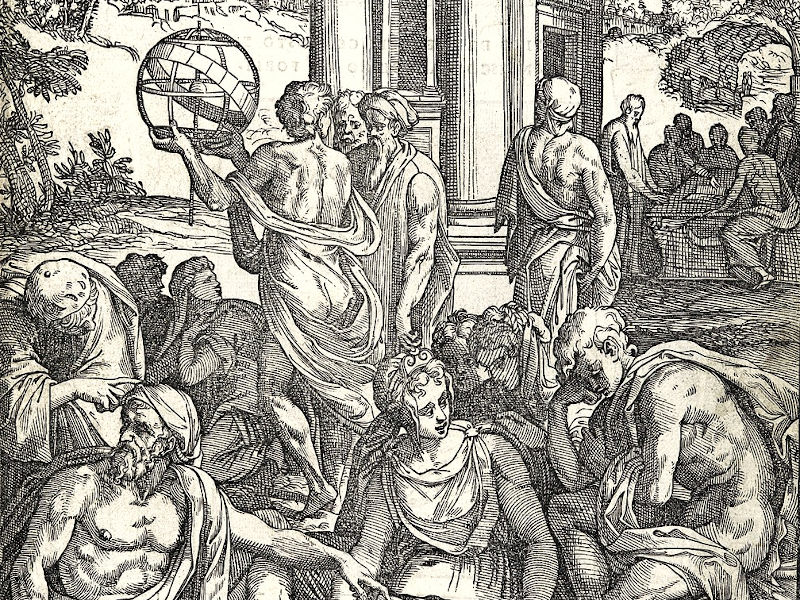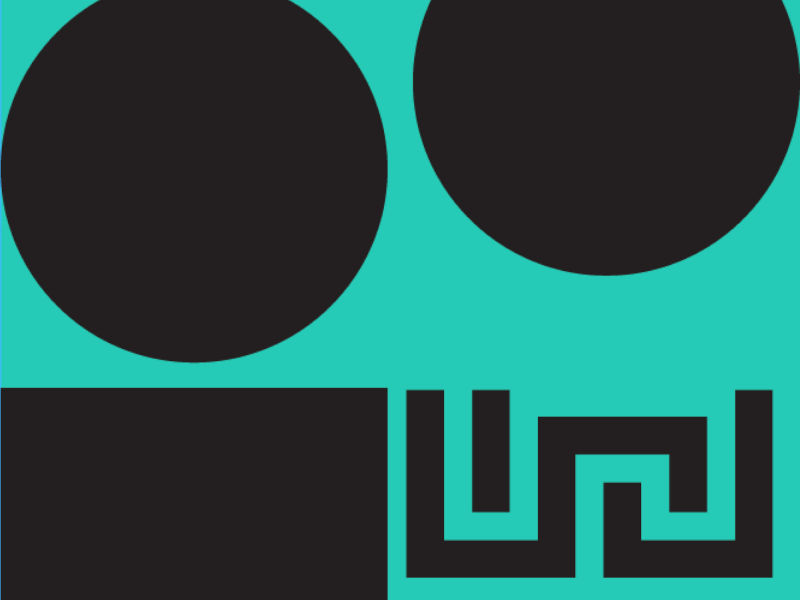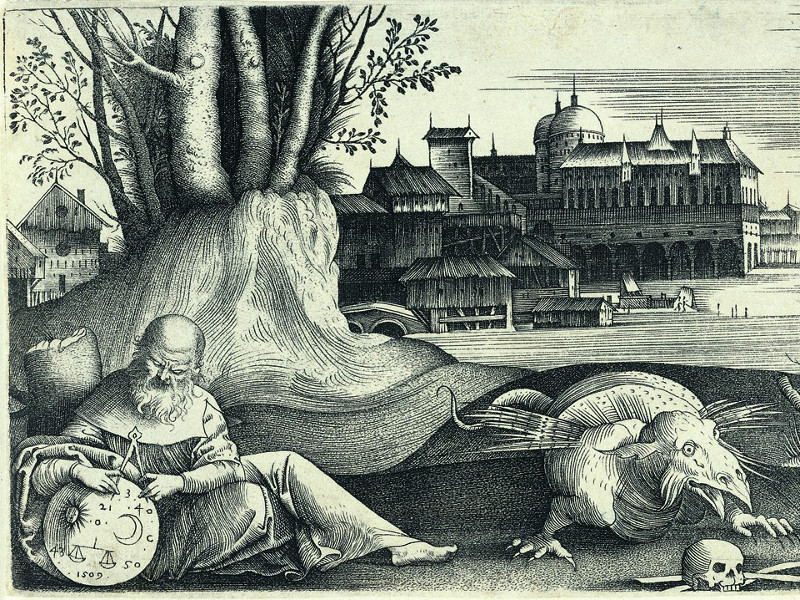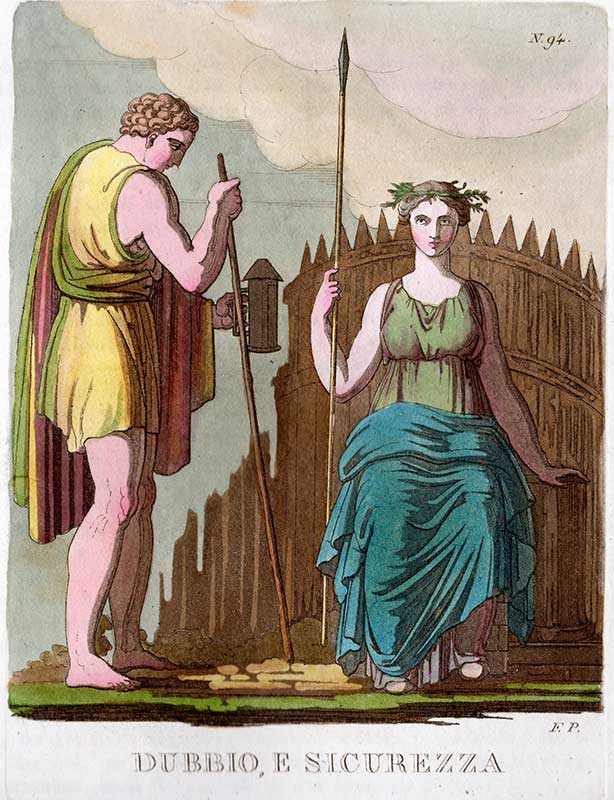Outreach
Doubt as a Form of Sociability Early Modern Italy
Late sixteenth- and early seventeenth century authors such as Montaigne, Descartes, Shakespeare, and John Donne described doubt as an unsettling and disquieting condition, often experienced in the seclusion of one’s chamber. As such, doubt was often perceived as a corrosive power, able to dissolve at the same time the world as one is accustomed to knowing it, and the very idea of one’s self. I will argue instead that in the first half of the sixteenth century doubt could be, and indeed was, a social experience. While scholars have often explored doubt within heterodox circles, doubt could be part of other, more complex social experiences. Academies, real or virtual, games of chance, books of ‘doubts’ fostered forms of sociability that brought together, at least potentially, men and women from all walks all life. A polysemic word, ‘doubt’ could elicit diverse intellectual and emotional responses, thus proving an unexpected, even reassuring form of social entertainment.

Doubt as a Form of Sociability in Renaissance Italy
Late sixteenth- and early seventeenth century authors such as Montaigne, Descartes, Shakespeare, and John Donne described doubt as an unsettling and disquieting condition, often experienced in the seclusion of one’s chamber. As such, doubt was often perceived as a corrosive power, able to dissolve at the same time the world as one is accustomed to knowing it, and the very idea of one’s self. I will argue instead that in the first half of the sixteenth century doubt could be, and indeed was, a social experience. While scholars have often explored doubt within heterodox circles, doubt could be part of other, more complex social experiences. Academies, real or virtual, games of chance, books of ‘doubts’ fostered forms of sociability that brought together, at least potentially, men and women from all walks all life. A polysemic word, ‘doubt’ could elicit diverse intellectual and emotional responses, thus proving an unexpected, even reassuring form of social entertainment.

This talk was held on February 15, 2021 as part of the 2020/2021 activities of the Group for Early Modern Studies (GEMS) at the University of Ghent. I wish to thank Prof. Teodoro Katinis for inviting me and Delphine Calle for her assistance.
The Art of Doubt. From Leonardo to Virtual Reality
A conversation on doubt, artistic creation, virtual reality, and Renaissance culture with Michel Rehilac and director Matteo Lonardi.
This event was part of the Ars Electronica 2020 festival.
On the occasion of the 77th Venice Film Festival, director Matteo Lonardi presented at the Virtual Reality section of the Biennale the first of four short movies on the topic of doubt and artistic creation. Produced by Francesco Lonardi, the series is titled "Il Dubbio" and features prominent contemporary artists. The first episode, which serves as an introduction, revolves around Leonardo da Vinci and his tormented relationship with artistic creation. A journey into the mind and the workshop of Leonardo, it explores doubt as a crucial moment in the artistic process.

Thanks to Venice Science Gallery, and in particular to Neal Hartman and Erica Villa, I was able to engage in a productive discussion with Matteo and Francesco Lonardi, which resulted in this event, beautifully orchestrated by Michel Reilhac, director of the Virtual Reality section of the Biennale. After a short presentation of my work on doubt in Renaissance Italian culture, the conversation revolved around a comparison between the role of doubt in the early modern world and in our contemporary society. The short circuit between the perspectives of an expert of new media, of an artist, and of a scholar of the Renaissance disclosed some fascinating and surprising continuities, and suggested the long-lasting cultural relevance of doubt in Western society. This conversation was also an excellent occasion for showcasing the potentialities of conversation between scholars, artists, and intellectuals.
Standing at the Crossroads: Doubt in Early Modern Italy (1500-1560)
Marco Faini, 19 April 2020
A short presentation of my Marie Curie project originally featured on prof. Marco Sgarbi's youTube channel. In this video, I discuss why studying early modern doubt allows us to better understand some of the challenges we are facing in contemporary society.
Doubt, Science and Empirical Knowledge in Early Modern Europe (1460-1560)
Renaissance Society of America Annual Meeting, Philadelphia, 2-4 April 2020
This session seeks to explore and assess the role and agency of doubt in the development of science and technical knowledge in early modern Europe. In an age of unprecedented cultural changes, new forms of knowledge emerged that challenged the understanding of nature as well as consolidated scientific and philosophical patterns. Scientists and practitioners of applied sciences (doctors, engineers, architects etc.) were often faced with competing paradigms: that of tradition and that resulting from empirical knowledge and new insights into the “book of Nature”. While this did not necessarily result in binary oppositions (science vs. philosophy, tradition vs. innovation), it may have fostered questions and doubts. These, in turn, may have concerned the efficacy of methods, the correctness of observations, and the role of received knowledge and of its tradition. Besides, new scientific developments may have prompted theoretical reflections on the role of doubt in the advancement of science and on the limits and boundaries of scientific knowledge. In sixteenth century culture, doubt was a complex and multifaceted, if not contradictory, category, and one that received growing attention from the early years of the Cinquecento. Did this attention extend also to science and scientific knowledge?

This session aims to address this and other issues, among which:
- Doubts towards sciences, scientists, and practitioners
- Self-doubt on the part of scientist and practitioners
- Doubt as a form of inquiry and rejuvenation of scientific knowledge
- Doubts toward pseudo-sciences
- Epistemological doubts concerning the status of given disciplines
- Doubts towards classical tradition and authority and consolidated scientific models
- Doubts toward new scientific practices and models
- Doubts concerning the textual transmission of scientific works
- Practices of self-defense against doubts on the part of scientist and practitioners of science
- Science vs. practice: doubts and scepticism
Your proposal should include a title, a 150-word abstract, key-words (up to five), a one-paragraph CV (in prose, max. 300 words), and an indication of whether you have any audio / visual needs.
Please submit your proposal as well as any inquiries to Dr Marco Faini: marco.faini@unive.it by August 1, 2019.
Cultures of Doubt at the Renaissance Society of America
Annual Conference
The Renaissance Society of America Annual Meeting will take place in Toronto, 17-19 March 2019. You can find all the information on the conference at the following address: https://www.rsa.org/page/2019Toronto
You can also follow the Conference on Twitter using the hashtag #RenSA19
BIVIUM will be present with a series of three panels on ‘Cultures of Doubt in Renaissance Europe’. The first panel is devoted to ‘Rhetoric and Philosophy’ and includes three papers. Anna Makolkin (University of Toronto) will talk of Pietro Pomponazzi Doubting Immortality of the Soul and Defending the Aristotelian Natural Philosophy. Doubts concerning the immortality of the soul were widespread in Italy since the Middle Ages: still, Pietro Pomponazzi’s De immortalitate animae (1516) represents the most famous and controversial work on this topic. Sophism was one of the most fascinating strains of Italian philosophy in the Renaissance. The Paduan Sperone Speroni – a student of Pomponazzi – carried out a fascinating reflection on sophistic philosophy. Martina Dal Cengio (Scuola Normale Superiore, Pisa) will discuss the topic in her paper Sperone Speroni in Doubt. This session will conclude with a paper on the most famous among Renaissance philosophers: Michel de Montaigne. In her paper When in Doubt: Escaping the Pyrrhonian Empasse, Amy Graves Monroe (SUNY, University at Buffalo) will set Montaigne in the Pyrrhonian crisis of the Renaissance, placing his work alongside those of Campanella, Bacon, Charron, Descartes and Pascal. This session will be chaired by Nicholas Terpstra (University of Toronto).

The second session is entitled ‘Gender and Medicine’. Marguerite Deslauriers (McGill University) will talk about Doubt in Renaissance Pro-Woman Arguments, arguing that doubt in arguments for the superiority or the equality of women open up the way for early feminist arguments. In her paper Ventriloquized Petrarchism and Gender Doubt, Shannon McHugh (University of Massachusetts, Boston / Indiana University, Bloomington) will also reflect on the querelle des femmes exploring gender-related doubts, also from a male perspective. McHugh will show how using the tradition of Petrarchism and its well-established ‘gendered ventriloquism’, these authors used doubt as an ally to establish their identity. Finally, Richard Tait (Monash University) will reflect on Doubt, the Doctor’s Reputation and Medical Innovation in Early Sixteenth-Century Italy. Tait will resort to texts by three Renaissance physicians to discuss how doubt connected to medicine, the relation between tradition and innovation, reputation and good practice. The chair of this session will be Paola Ugolini (SUNY, University at Buffalo).
The last session investigates ‘Visual Culture’. Maria Fabricius Hansen (Copenaghen University) will talk about the fascinating topic of grotesques and their visual ambiguity. In her paper Cultivating Ambiguity in Visual Culture: The Case of Grotesques she will delve into the world of hybridity and transformation of grotesques assessing how this allows us to better understand contemporary shifting paradigms in science, technology, and nature. Finally, Elena Paroli (École Normale Supérieure de Lyon) will reflect on Leonardo da Vinci (La rappresentazione simbolica come forma del dubbio. Una riflessione sull’epistemologia di Leonardo da Vinci). Paroli will deal with the major problem of representing the mutability of reality, which hinders the concept of imitation. Paroli will show how, and if, Leonardo is able to resolve this impasse. The respondent to this session will be Susanna C. Berger (University of Southern California) and the chair will be Marco Sgarbi (Ca’ Foscari University of Venice).
